A Nigerian with a dream becomes a priest in Switzerland
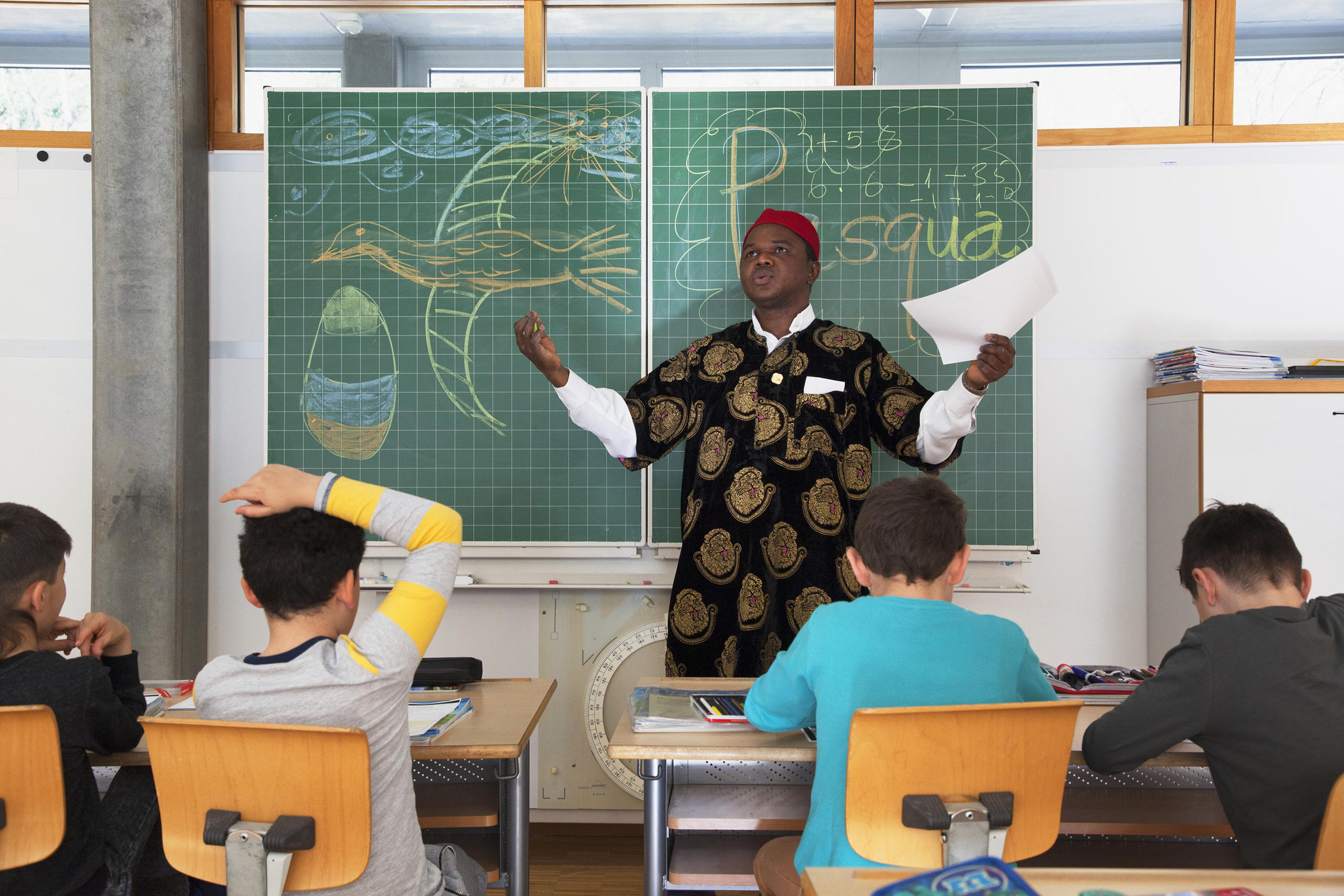
As a child in rural Nigeria, Gerald Chukwudi Ani had to assume a man’s role at the age of five. He struggled to realise his dream and follow his religious calling, but now he is a Catholic priest in Switzerland.
During a soccer match, one of his team-mates sent him a deft pass in the penalty area. The 15-year-old Gerald could have kept the ball in front of him and taken a shot at goal. He would surely have scored and gone on to a promising career in football. But instead he tried a hair-raising overhead kick and fell heavily to the ground, injuring his back. This injury, as it turned out, put an end to football, but made room for God in his life.
So begins the story of Father Gerald, whom I meet at Saint Christopher’s parish in Grancia, a village near Lugano, in the southern canton of Ticino. He greets me with a smile that stays on his face as we talk. Now aged forty-five, he seems to remember every detail of his childhood in Nigeria and his later life in Europe, including names, dates, places and even what he was wearing on a particular occasion.
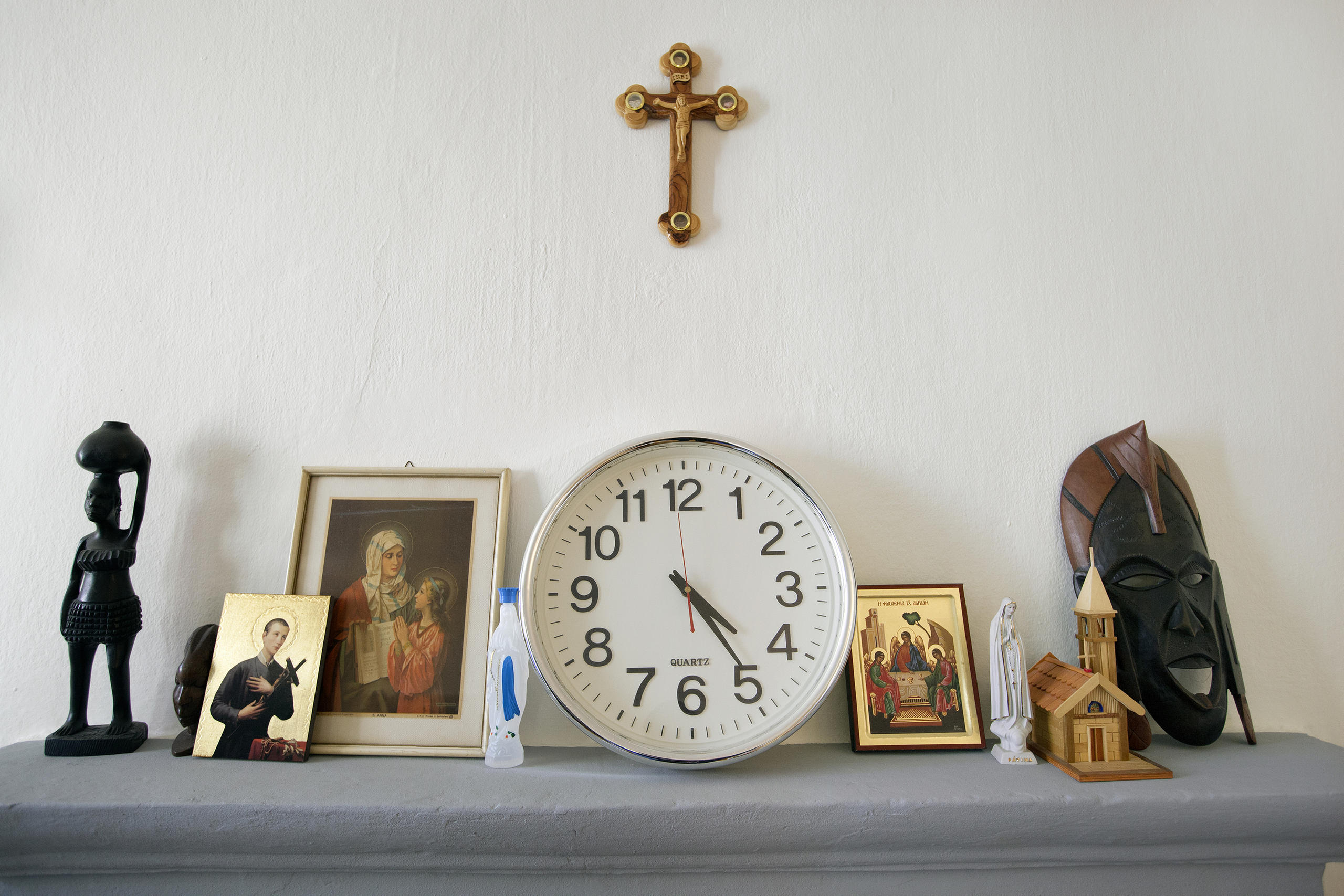
Son of an animist
Gerald Chukwudi Ani was born on December 15 1974 in Agbani, in the former Biafra in southeast Nigeria. His father was an animist priest, his mother worked in the fields and sold home-made food in front of the house. “There were so many of us. My father was a polygamist and had four wives. In all he had 21 children and about a hundred grandchildren,” he recounts.
The family lived in a forest area. Gerald shared a mud and bamboo hut with his mother and eight siblings. “There were 24 cats and 12 dogs living there too. We could have filled Noah’s Ark,” he laughs.
Every day, when the cock crowed for the second time, they got up to go to work – to the well to get water, or to the mill to grind corn and beans, an hour’s walk from home. Whenever the sowing and harvesting seasons were approaching, he went with his father into the forest, where he witnessed animist rituals, including animal sacrifice. “Life was hard,” he says. “But we had food to eat and we lived on what we produced, without much in the way of expectations.”
“The worst day of my life”
It was September 29 1979. Gerald was tired of work and was hoping to go to primary school, which usually starts at age six. His older sister went with him to the village school, where the principal was waiting to give him a “raised hand” test. “You had to raise your hand, put your forearm on your head and touch your ear with your finger. If you could do all that, it meant you were ready to learn,” he explains.
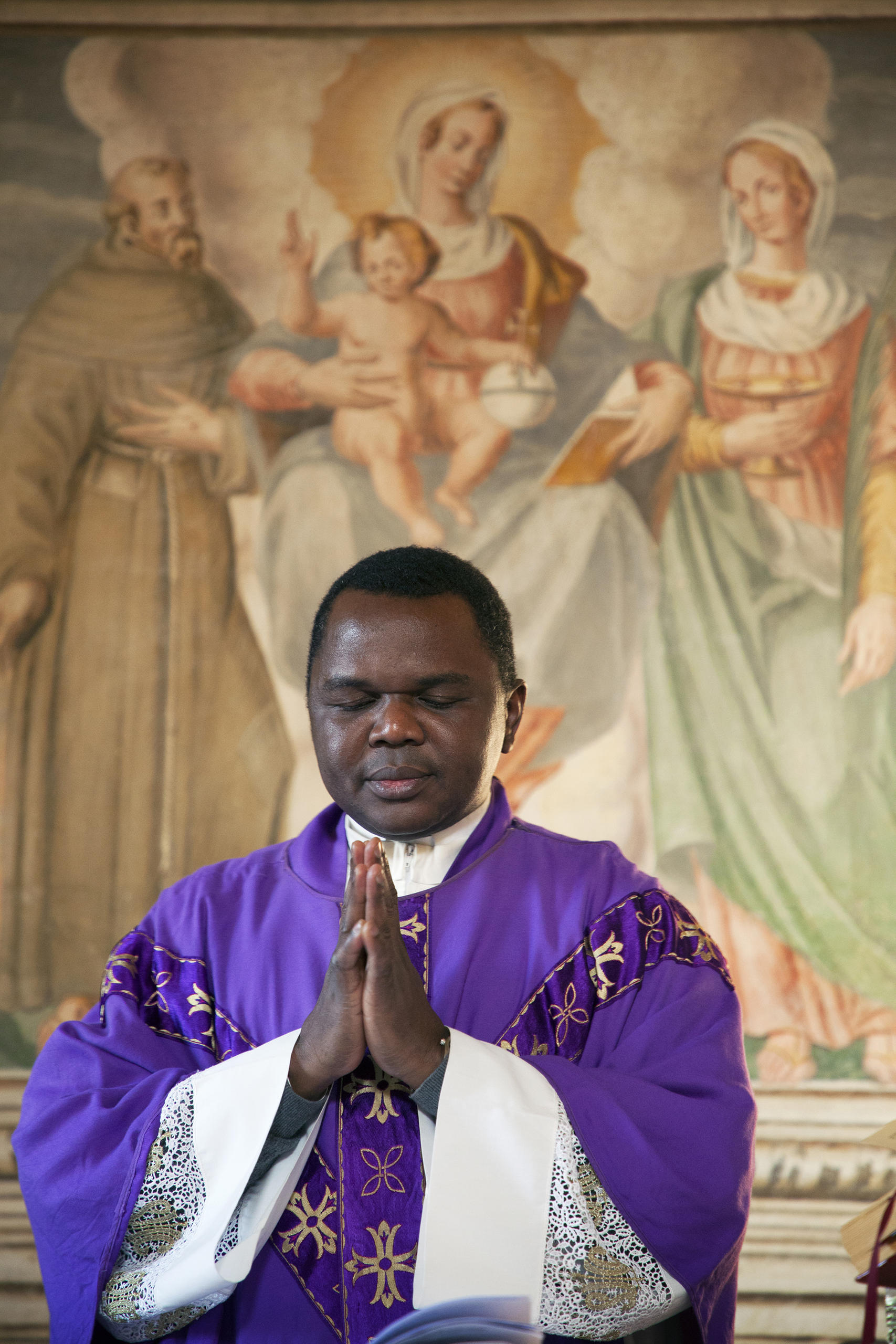
Still too young, Gerald did not pass the test. “It seemed to me like the principal had squashed my dream of going to school.” Feeling very troubled, he ran back home, seeking his father’s consolation. But when he got to the hut, he found his mother in tears, and learned that his father was dead. “At the very moment I needed my father the most, he wasn’t there,” says Gerald. “It was the worst day of my life.”
It seemed the man had had a fall while working out in the fields. The hospital was two hours’ journey, and he died on the way.
Left alone with his mother and younger brothers (his sisters had now left home), Gerald became the man of the family at age 5. The following year, however, he finally got into primary school, and after a difficult start he was always one of the best in his class.
Then one night when he was 10, he had an experience that changed his life. “That was when it all began,” he says.
A strange calling
“I had a peculiar dream: I had my arms outstretched and I was chanting something I did not understand. Only afterwards did I realise that I had been celebrating the Latin mass,” he recalls. The dream came back night after night. His mother’s frightened reaction was to beat him. “She thought I was being haunted by the evil spirits that had killed my father.”
She decided to bring Gerald to the witch-doctor for an exorcism. “As soon as he saw us coming, the witch-doctor fled. He called to my mother to take me away, saying he saw something in me. I felt normal, and I didn’t know what he was talking about.”
Sometime later, a footballing friend who went to church suggested that Gerald come with him to Sunday mass. Gerald put on his best pair of shorts (“the pair with only one hole in them”) and entered for the first time the huge building he had seen from afar. “The church was packed. I felt completely lost there.”
When he heard the Latin mass being recited by the priest, and realised it was the same as what he had been saying in his dream, he screamed and ran out of the church. But a few days later the priest spoke with him, explaining that this was no illness, but a sign from God. “He told me I was called to become a priest.”
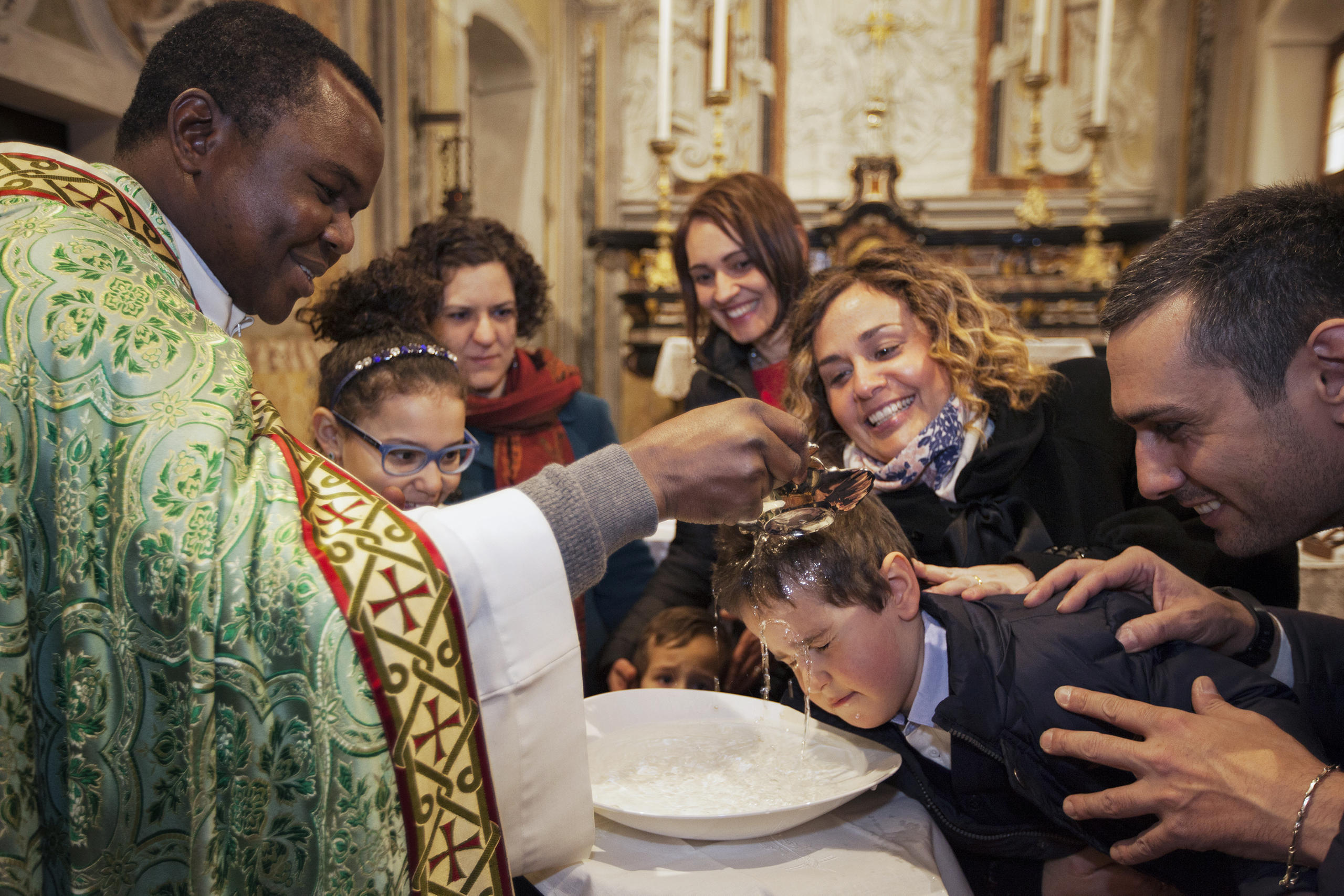
From football to theology
A diligent pupil, Gerald continued to study and took catechism. “I did all kinds of little jobs to pay for my schooling,” he says. “I worked on building sites, I chopped wood, I picked fruit.”
Any free time he had was devoted to his great passion, football. He played for his school, his village and his state, and he was even selected for the national youth team of Nigeria. That was until the ill-fated overhead kick at fifteen. “I was laid up for six months. I lost all my flexibility. Finally I decided to give up football and concentrate on my studies.”
Gerald was baptised, and entered the seminary. He got a Latin diploma, studied the spirituality and doctrine of the Catholic Church, and took a degree in philosophy. Thanks to a scholarship, he was able to go to Italy where he studied theology first in Rome, then in Naples and Catanzaro. On August 16 2006, a call came from Switzerland: the bishop of Lugano at that time, Pier Giacomo Grampa, was asking him to come to his diocese.
Best country in the world
“In Ticino I was made very welcome,” says Father Gerald. “So many Nigerians tell me about racism, but I never experienced any of that. I never felt excluded because of the colour of my skin.”
He has been parish priest of St Christopher’s in Grancia since 2016, and he also teaches history of religions in the local secondary schools. Between preaching a sermon and teaching a class, he still manages to keep up his love of football. “I often organise soccer tournaments myself. I never stop, and I never feel alone. I think I’ll probably spend the rest of my life here. But if the Bishop lets me, I might go back to Nigeria, which I still think is the best country in the world.”
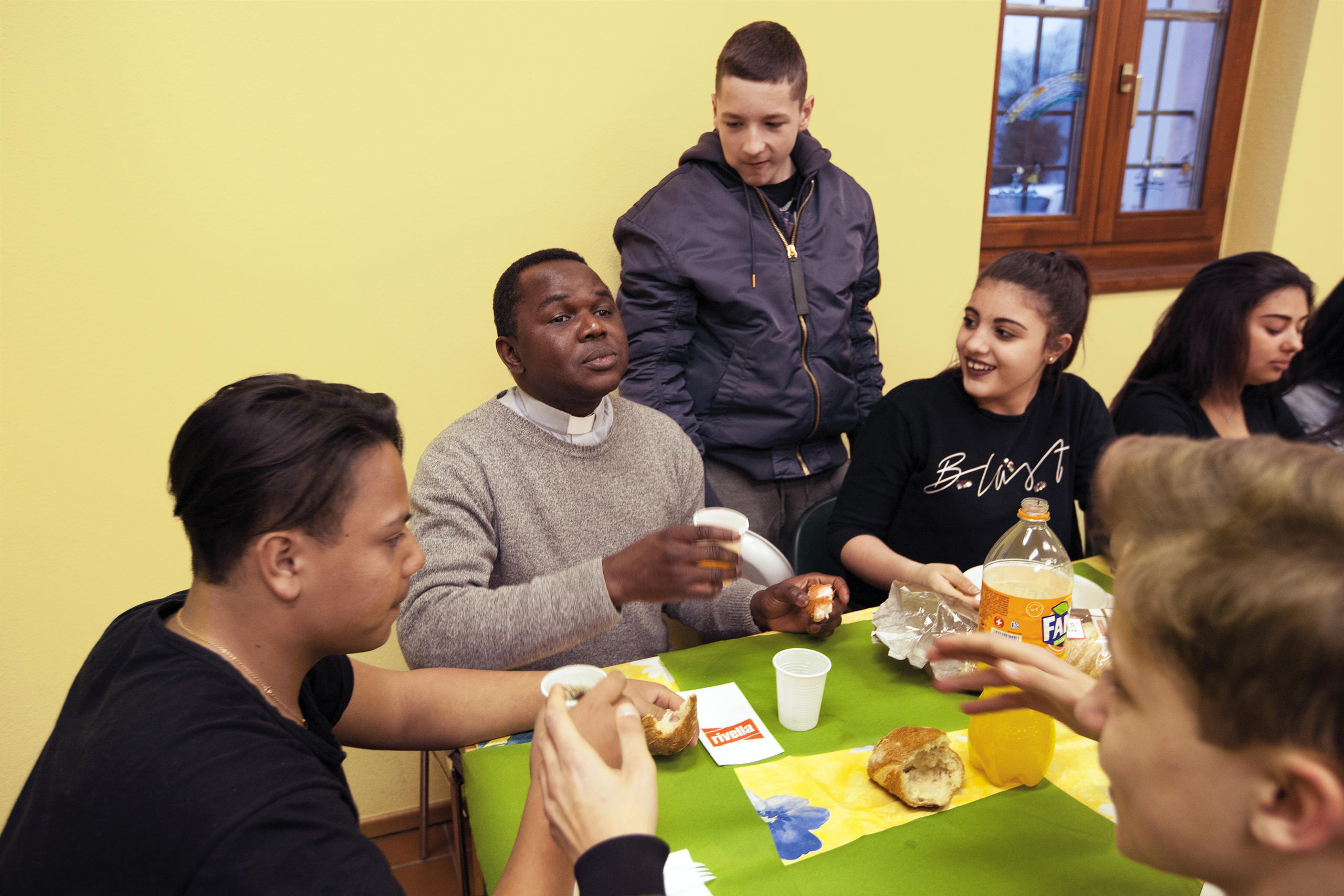
For the moment, he makes do with an annual visit to his homeland. The last trip was in summer 2019, and Swiss photographer Didier Ruef went with him. Gerald is always happy to reconnect with the culture, food, music and human warmth of his native land.
“With my small Swiss stipend, I always try to help out, especially when someone wants to go and study,” he says. But he does not like being thought of as the local godfather and there is an aspect that bothers him. In his native village, everyone asks him for help, advice, money. Many people want him to take their children to Europe with him. “But that’s not the answer!” Father Gerald exclaims. “This role of the victim really bothers me. I was never one to sit around and wait for other people to do things. In Nigeria everybody asks for things, but no-one seems to do anything.”
He is very much aware of the problems in his country, from ineffective government to corruption and inter-religious strife. But these things are no reason to stand around with your hands in your pockets, he says. “I always tell the people back home: do something for yourselves! And I keep on hoping that this will change for the better some day soon.”

In compliance with the JTI standards
More: SWI swissinfo.ch certified by the Journalism Trust Initiative


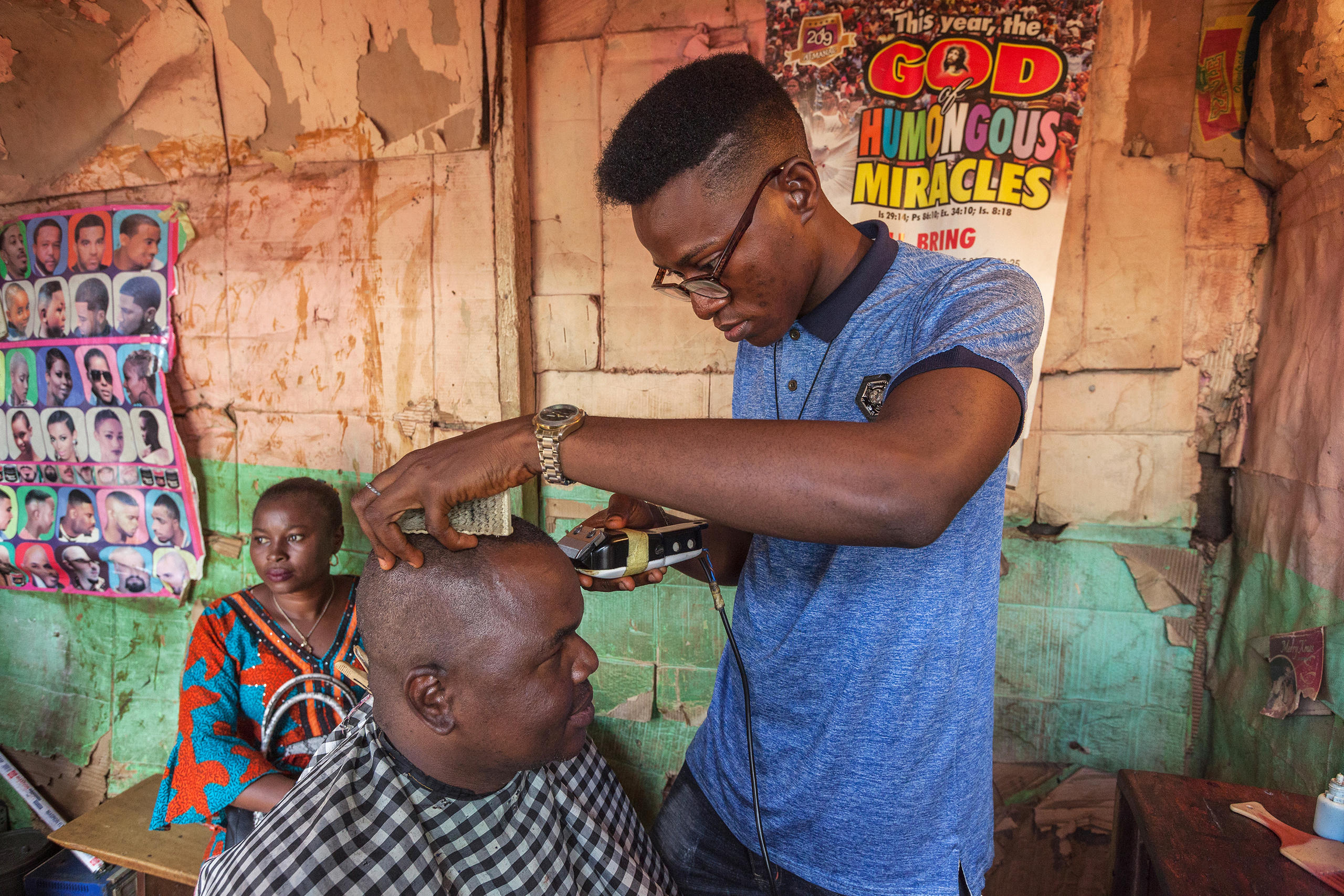
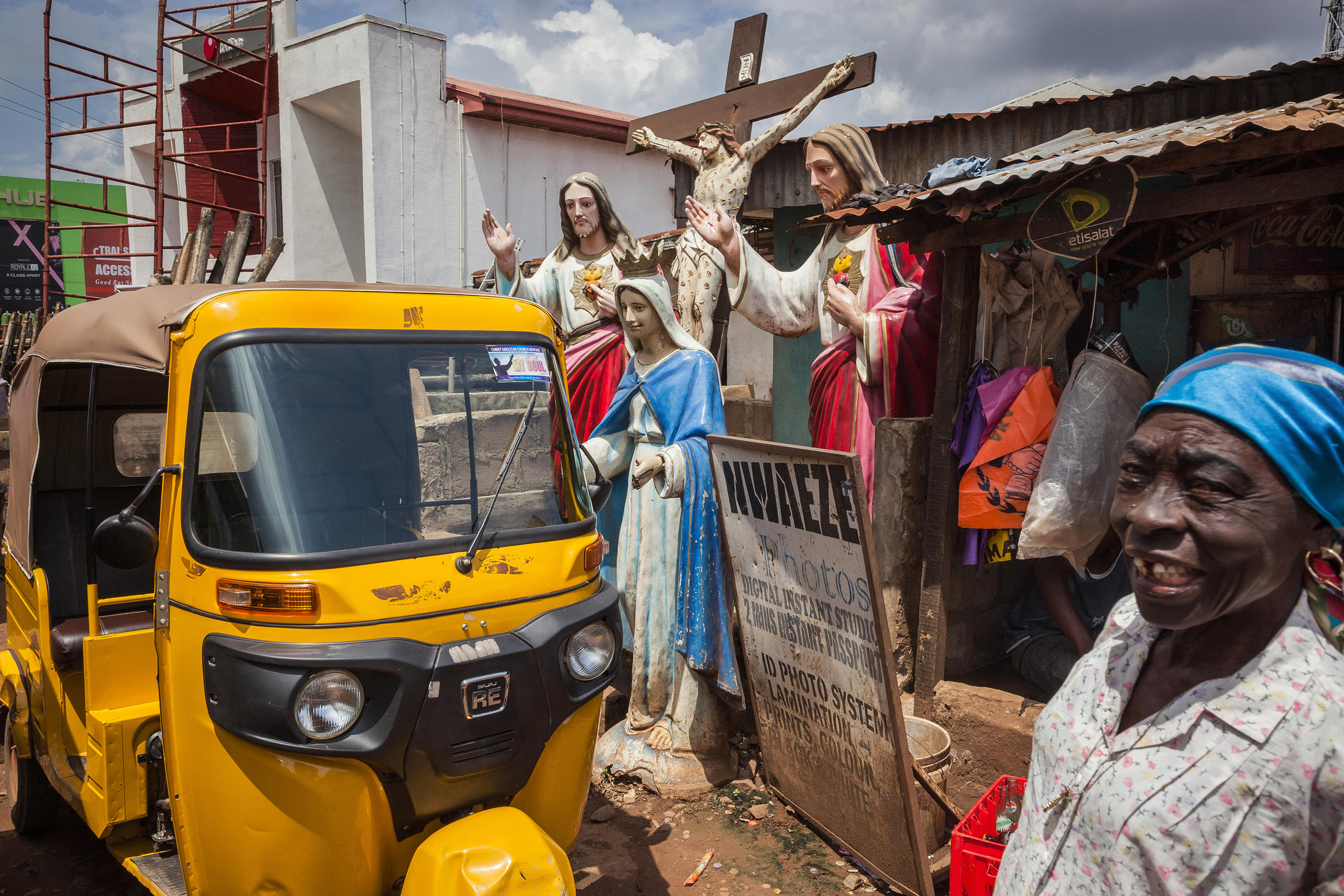


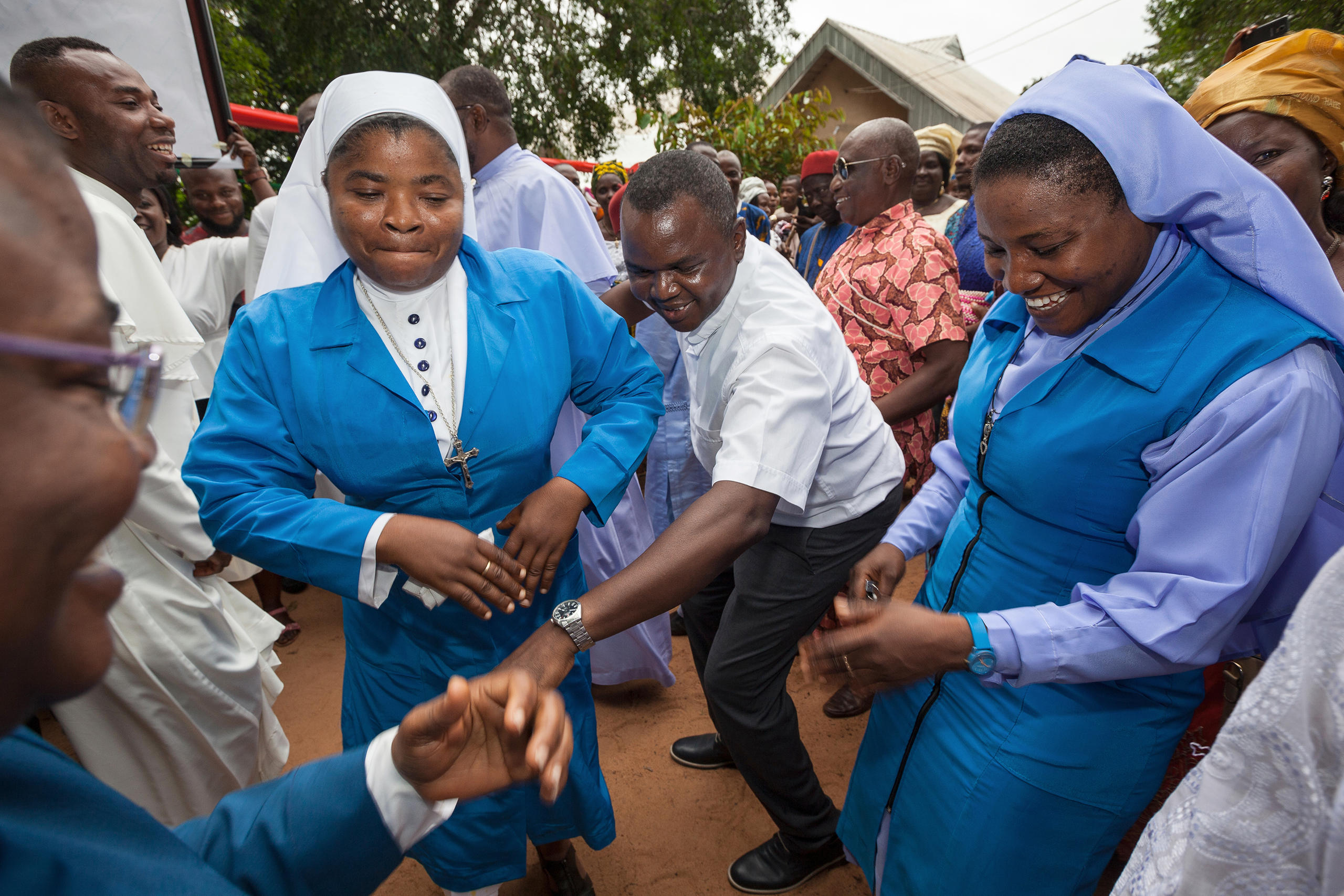

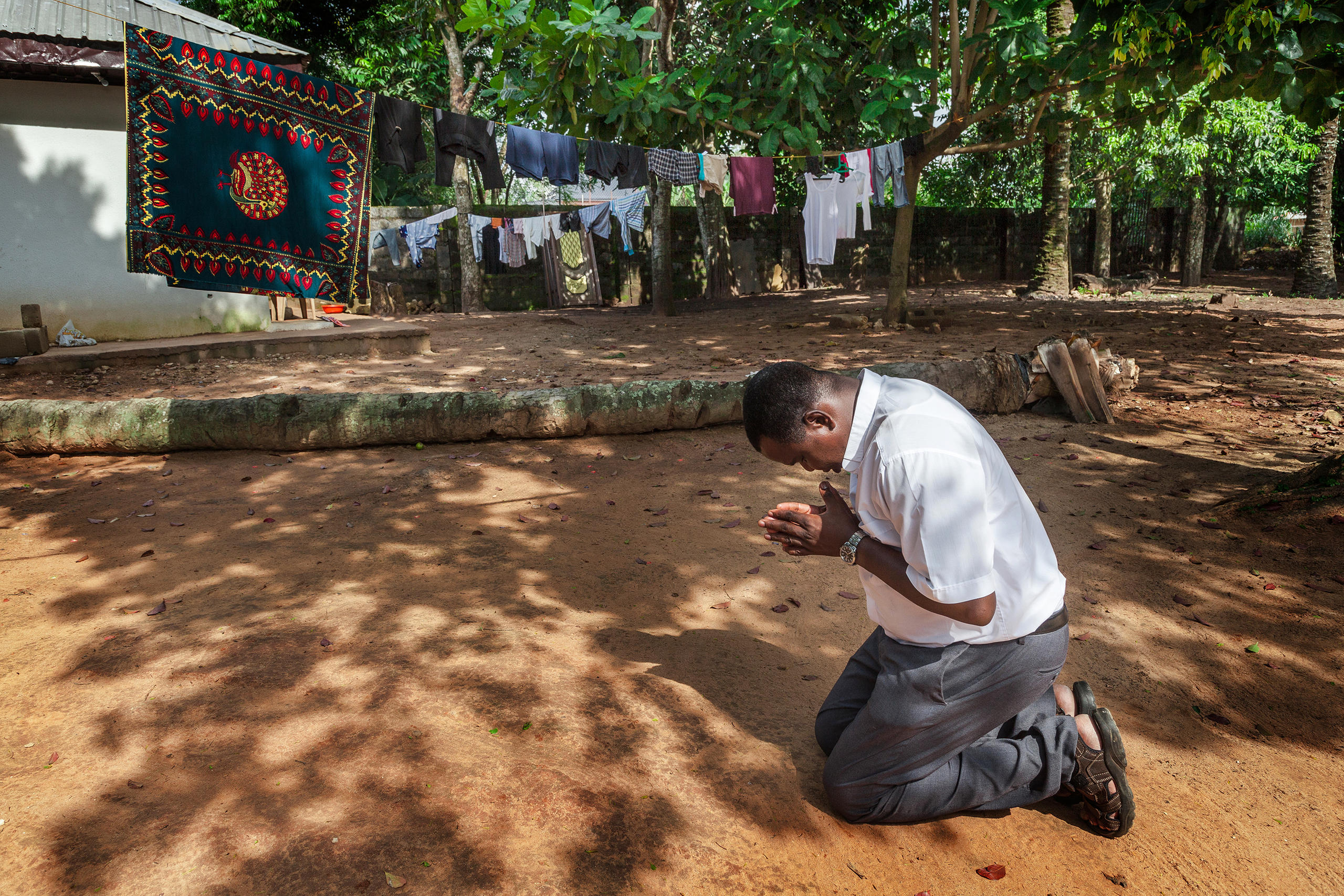
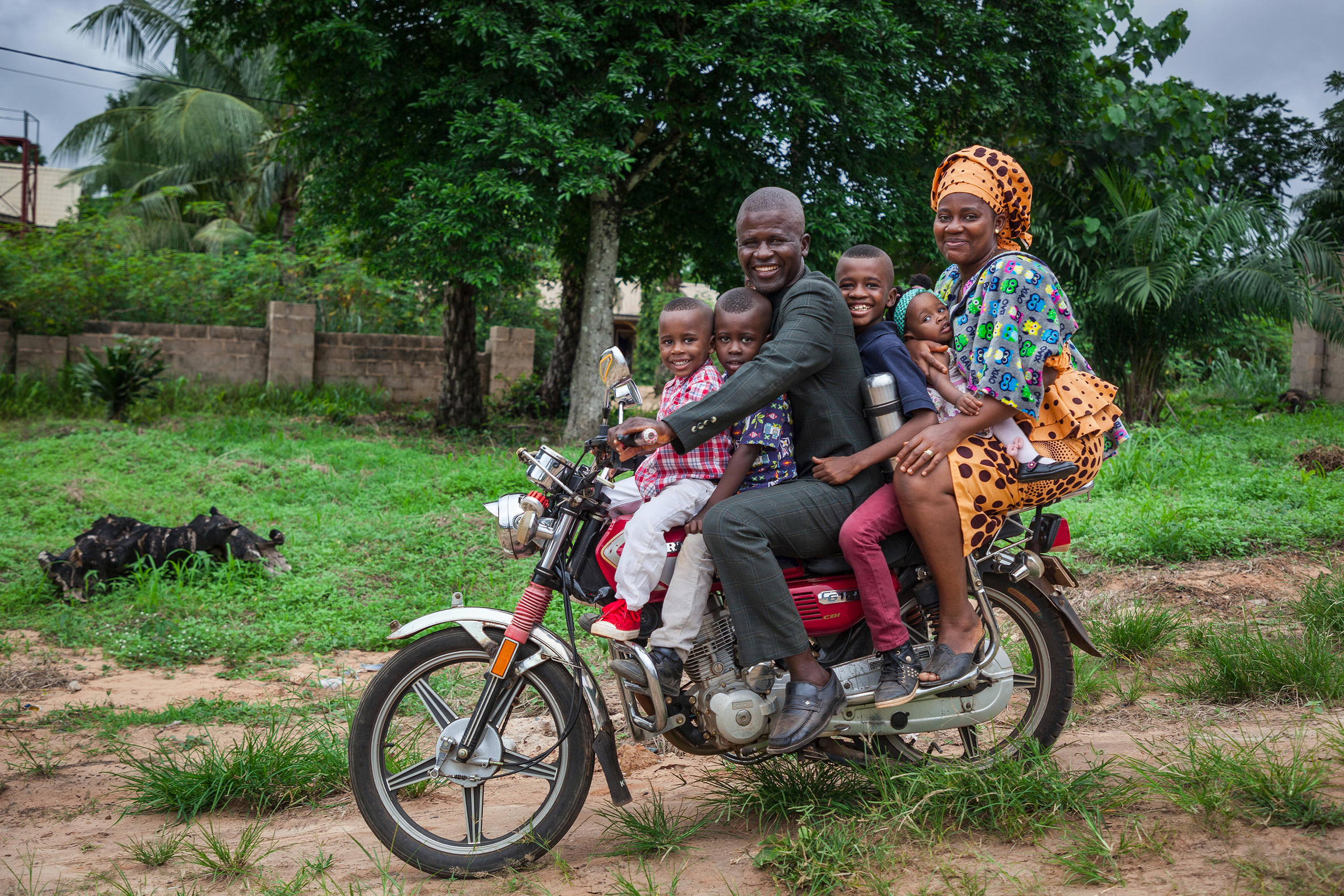

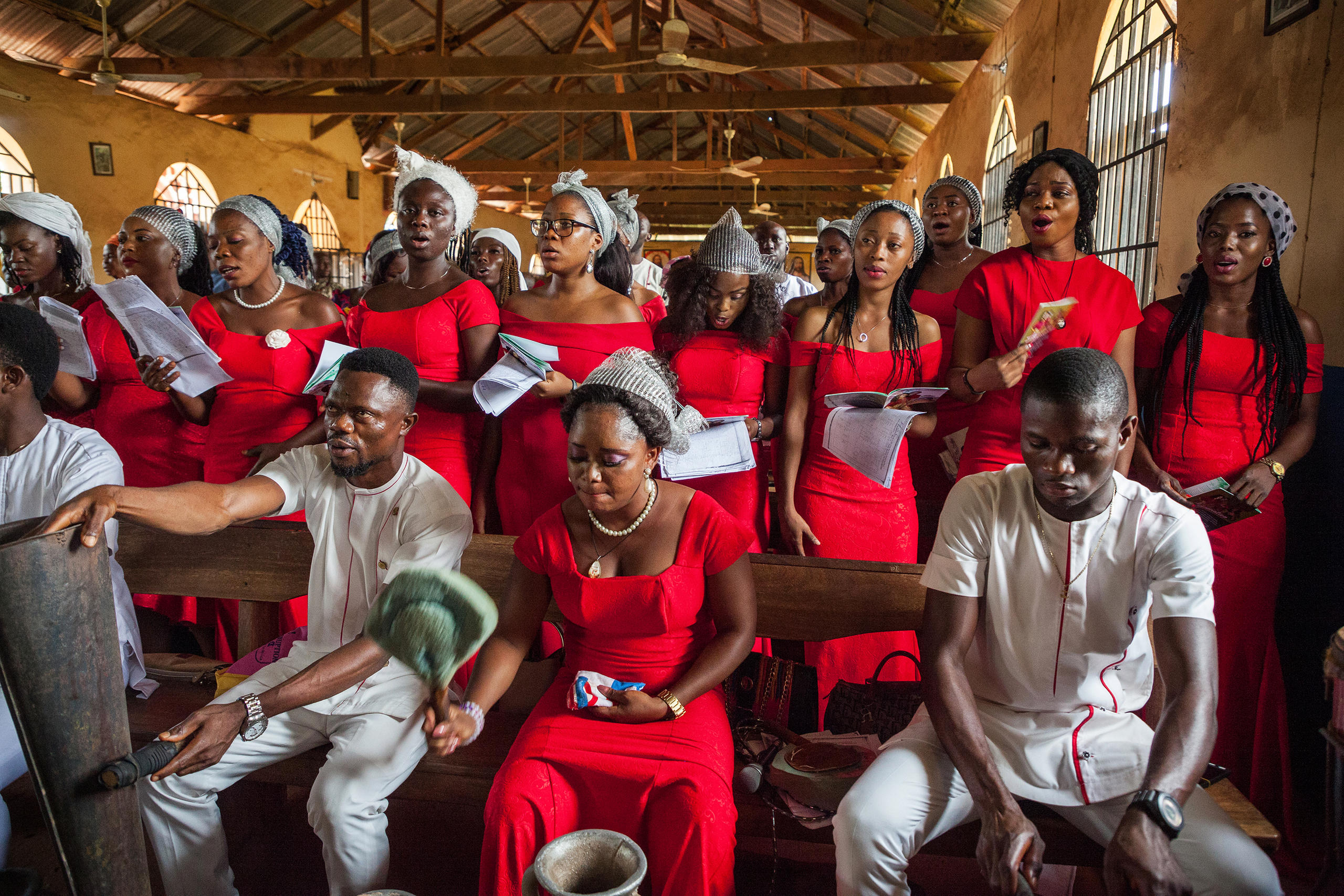

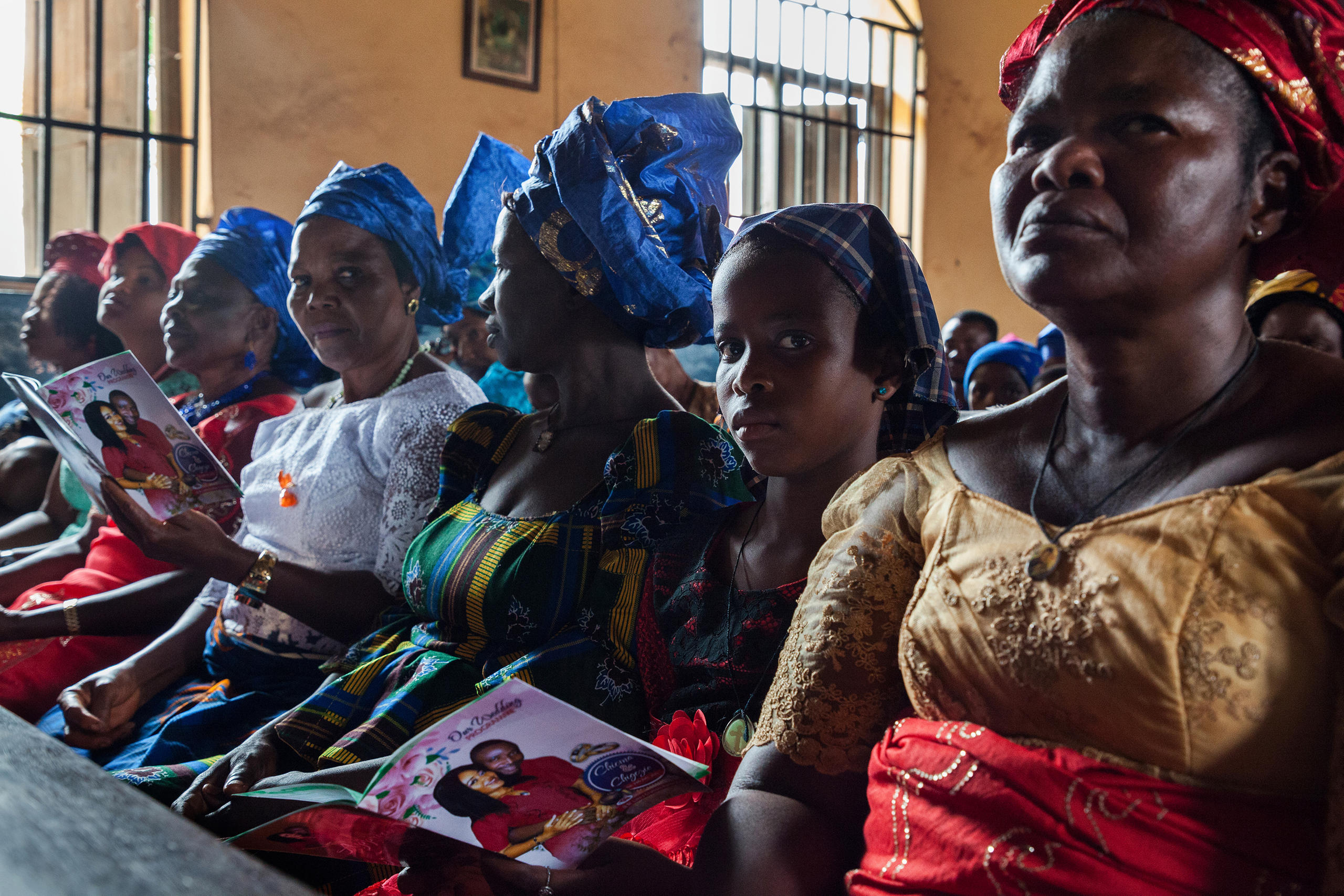
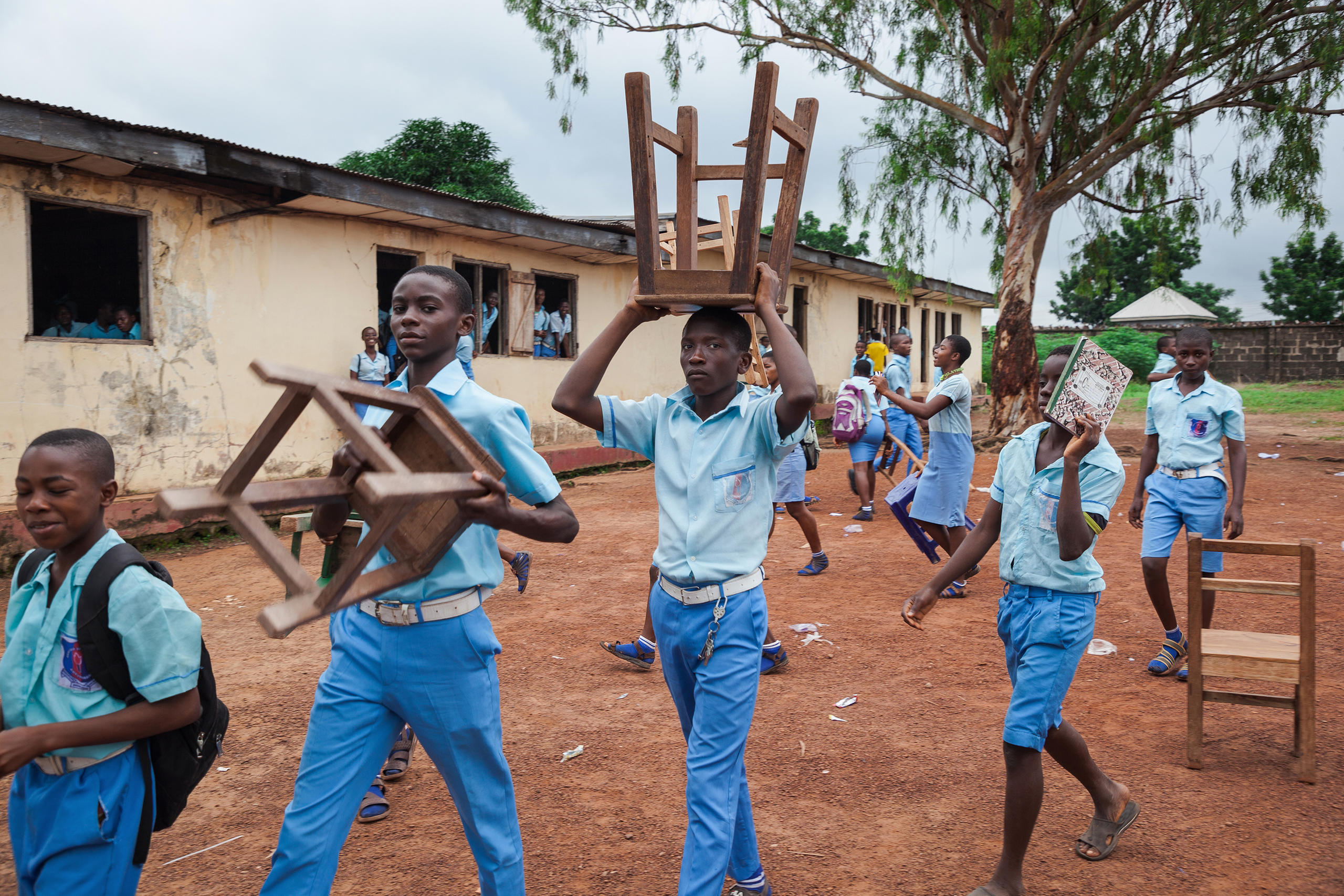


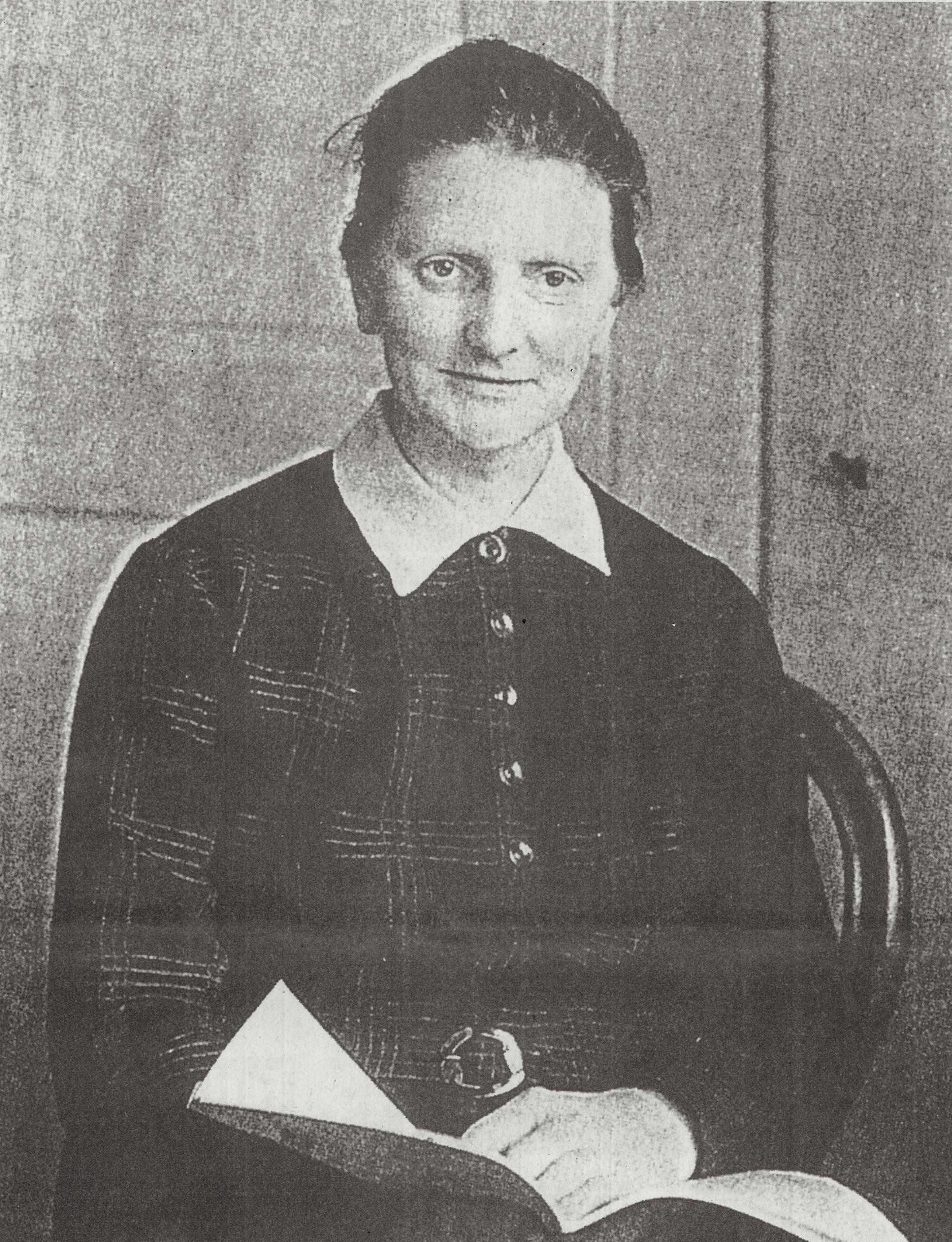

You can find an overview of ongoing debates with our journalists here . Please join us!
If you want to start a conversation about a topic raised in this article or want to report factual errors, email us at english@swissinfo.ch.